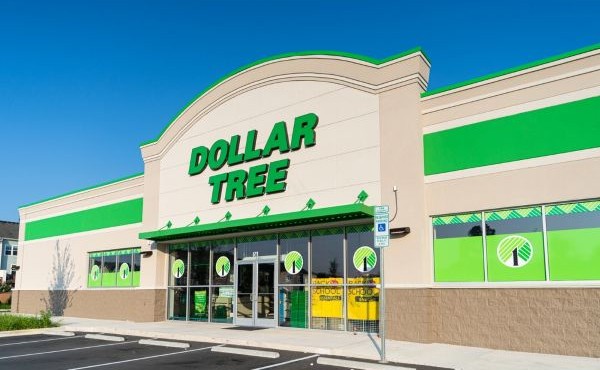In the race for net lease capital, Dollar General and Dollar Tree are setting new benchmarks for what “essential retail” means to investors. Both chains continue to deliver strong results, but each appeals to distinct investor strategies within the single-tenant property market.
A new report from Mathews Real Estate Group illustrates this divide. Dollar General remains the volume leader, known for its massive scale, consistent liquidity, and reliable returns. With over 21,000 stores nationwide and a BBB credit rating, the brand offers investors long-term stability. In 2025, Dollar General properties average a 7.32% cap rate, supported by absolute NNN leases that pass all operating expenses to the tenant.
The retailer’s predictable model has made it one of the most traded names in the sector. More than 600 Dollar General assets are currently on the market, typically priced near $1.5 million, with at least a decade left on base lease terms and rent bumps of 5% every five years. For many investors, Dollar General represents a classic “coupon clipper” investment—steady, passive income backed by a creditworthy national tenant.
Dollar Tree, meanwhile, offers a more selective but higher-value opportunity. With just over 2,000 stores, its properties trade around $2.1 million on average and a 7.43% cap rate in 2025. These deals often feature 10-year NN or fee-simple leases. While rent escalations may be less frequent than Dollar General’s, Dollar Tree stores generate strong average sales of about $1.6 million per location, justifying the premium pricing and consistent demand.
Despite Dollar Tree’s smaller footprint, new construction deals show little difference in yield compared to Dollar General, suggesting that investors view both brands as similarly strong credit tenants.
Market location plays a major role in investor preference. Dollar General dominates secondary and rural areas, where higher yields are balanced by some renewal risk. Dollar Tree, on the other hand, targets more urban, higher-income markets—offering stronger store performance but fewer opportunities for expansion.
For institutional buyers, it’s less about choosing one over the other and more about portfolio strategy. Dollar General provides diversification, scale, and ease of management, while Dollar Tree delivers stronger per-store performance and premium locations.
Ultimately, both brands remain top-tier players in the net lease arena. With cap rates now closely aligned, the question for investors isn’t whether dollar stores are a safe bet—they’ve already proven that—it’s how to balance scale versus performance in a sector that continues to evolve.
Source: GlobeSt.

